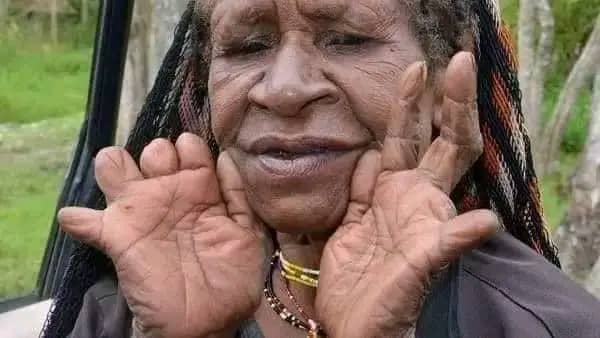By Burnett Munthali
The Dani tribe of Papua New Guinea is known for its unique and deeply symbolic marriage customs that stand out for their profound meaning and physical sacrifices. Unlike typical dowries of material value, the Dani require acts of amputation as a testament to love and loyalty.
For a man to marry, he must offer a finger from his right hand as a dowry to his bride’s family, symbolizing his dedication to the union. This act is not just a physical loss but a visible and lifelong declaration of his commitment.
Should the couple divorce, the man must amputate two fingers from his left hand. This severe penalty underscores the tribe’s belief in the sanctity of marriage and the significant repercussions of its dissolution.
The customs are equally stringent for widows. If her husband dies, a Dani woman is required to cut off all her fingers, symbolizing eternal loyalty to her late spouse and a vow never to remarry.
These traditions reflect the tribe’s profound cultural values, where marriage is seen as a sacred bond, and sacrifices are a testament to love, fidelity, and accountability. Though such practices may seem extreme, they illustrate the Dani people’s unique interpretation of commitment, one that ties emotional devotion to physical expression.
While the world debates the necessity and ethics of such traditions, the Dani hold firm to their practices, believing that love is worth every sacrifice—literal and figurative.




